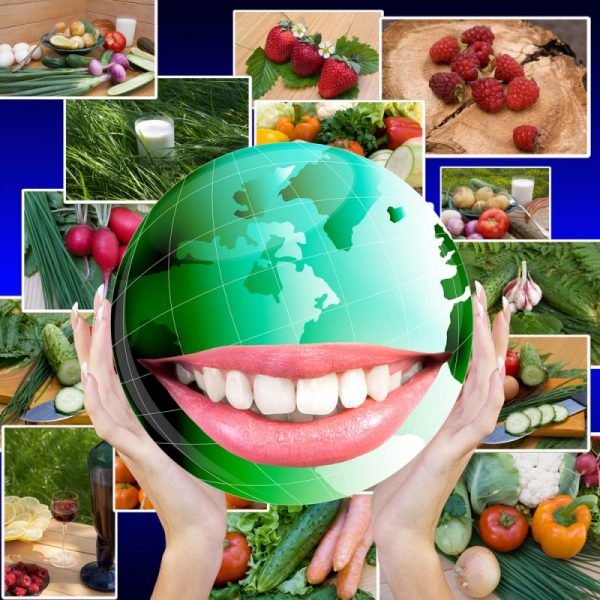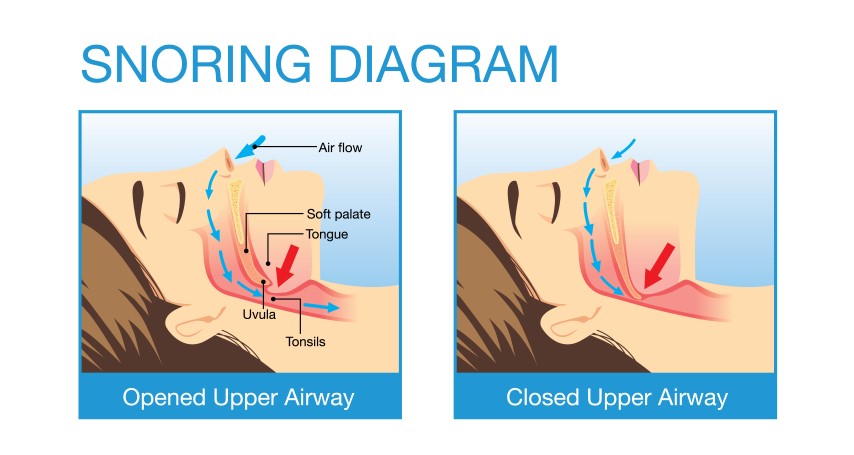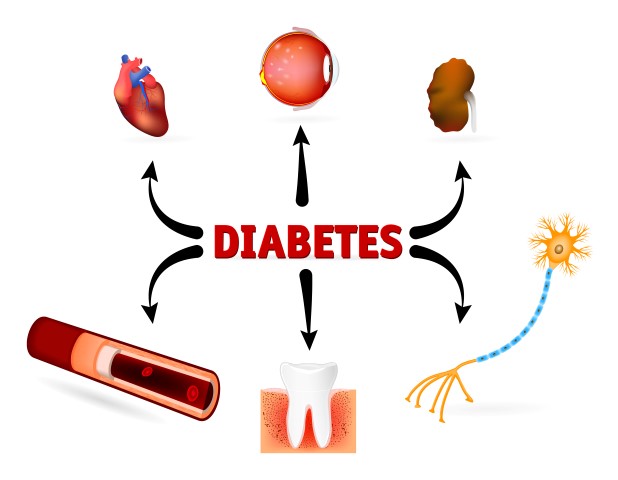Through out the day it is best to eat three meals a day, and if you are like me some snacks in between. But, did you ever stop and wonder what the effects of what you put into your mouth are on your teeth? Different groups of food can either benefit or worsen your oral health. Check out below to see what to keep in your daily diet and what to avoid going forward!
To Eat!

Cheese, milk, plain yogurt, and other dairy products. Cheese is a saliva maker. The calcium in cheese, and the calcium and phosphates in milk and other dairy products, help put back minerals your teeth might have lost due to other foods. They also help rebuild tooth enamel.

Red wine has previously been linked to a range of supposed health benefits, from helping the heart to lowering the risk of diabetes. Now a new study suggests it contains chemicals that can help in the fight against tooth decay and gum disease.
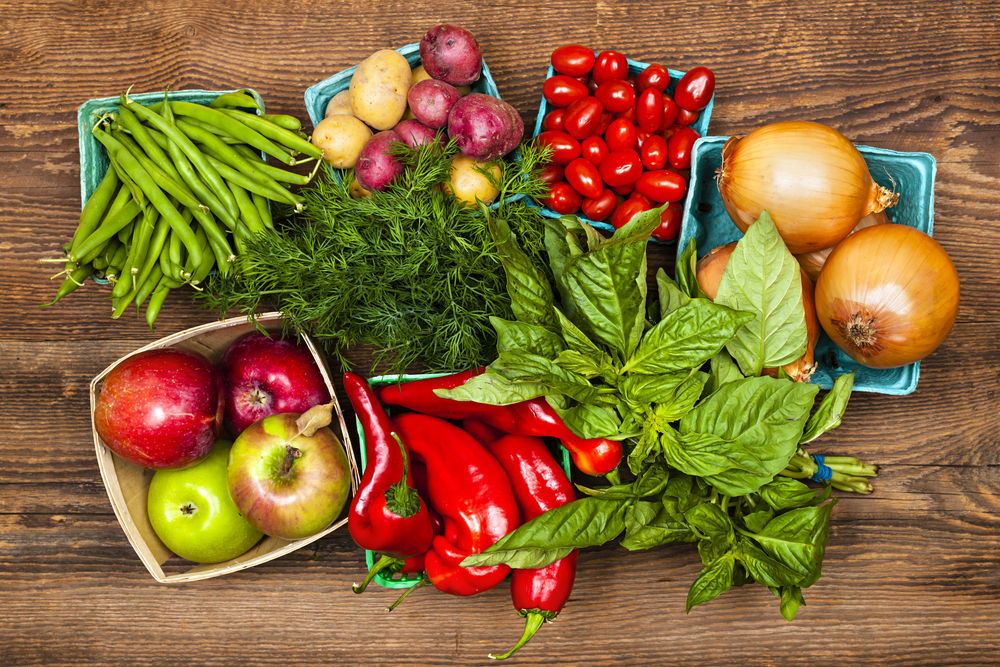
Fiber-rich fruits and vegetables. Foods with fiber help keep your teeth and gums clean, says the American Dental Association (ADA). They also get saliva flowing. Next to good home dental care, this is your best natural defense against cavities and gum disease. About 20 minutes after you eat something that has sugars or starches, your saliva begins to reduce the effects of the acids and enzymes attacking your teeth. Saliva contains traces of calcium and phosphate. So it also restores minerals to areas of teeth that have lost them from the bacterial acids.
Sugarless chewing gum. This creates more saliva that helps remove food particles from your mouth.
Foods with fluoride. Fluoridated drinking water, or any product you make with fluoridated water, helps your teeth. This includes powdered juices (as long as they don’t contain a lot of sugar) and dehydrated soups. Commercially prepared foods, such as poultry products, seafood, and powdered cereals, also can give fluoride.
Green and black teas. Both contain polyphenols that interact with plaque bacteria. These substances either kill or hold back bacteria. This prevents bacteria from growing or making acid that attacks teeth.
Avoid These
Substances that dry out your mouth. These include some alcoholic drinks and many medicines. If dry mouth is an ongoing issue try speaking to your dental provider for help.
Starchy foods that can get stuck in your mouth. Soft breads and potato chips, for instance, can get trapped between your teeth. Cleaning between your teeth can reduce the amount of food left behind.

Carbonated soft drinks. Many soft drinks have phosphoric and citric acids that wear away tooth enamel. You can use toothpaste that aid in the upkeep and protection of enamel to help against enamel decay.
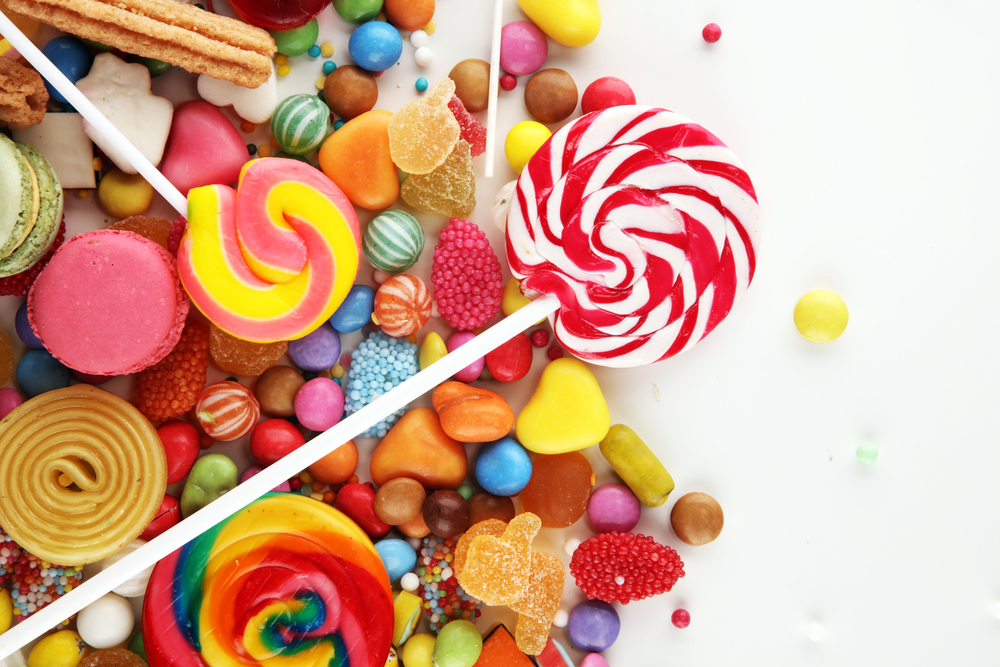
Sticky candies and sweets. If you eat sweets, go for those that clear out of your mouth quickly. So thumbs down for lollipops, caramels, and cough drops that have refined sugar. Try eating other kinds of candy to avoid future tooth damage.
Eat for a Healthy Mouth
The ADA offers these tips to help reduce tooth-decay risk from the foods you eat:
Eat sugary foods with meals. Your mouth makes more saliva during meals. This helps to reduce the effect of acid production and to rinse pieces of food from the mouth.
Limit between-meal snacks. If you crave a snack, choose something nutritious. Think about chewing sugarless gum afterward to increase saliva flow and wash out food and acid.
Drink more water. Fluoridated water can help prevent tooth decay. If you choose bottled water, check the label for the fluoride content.
Brush your teeth twice a day.
Floss once a day.

